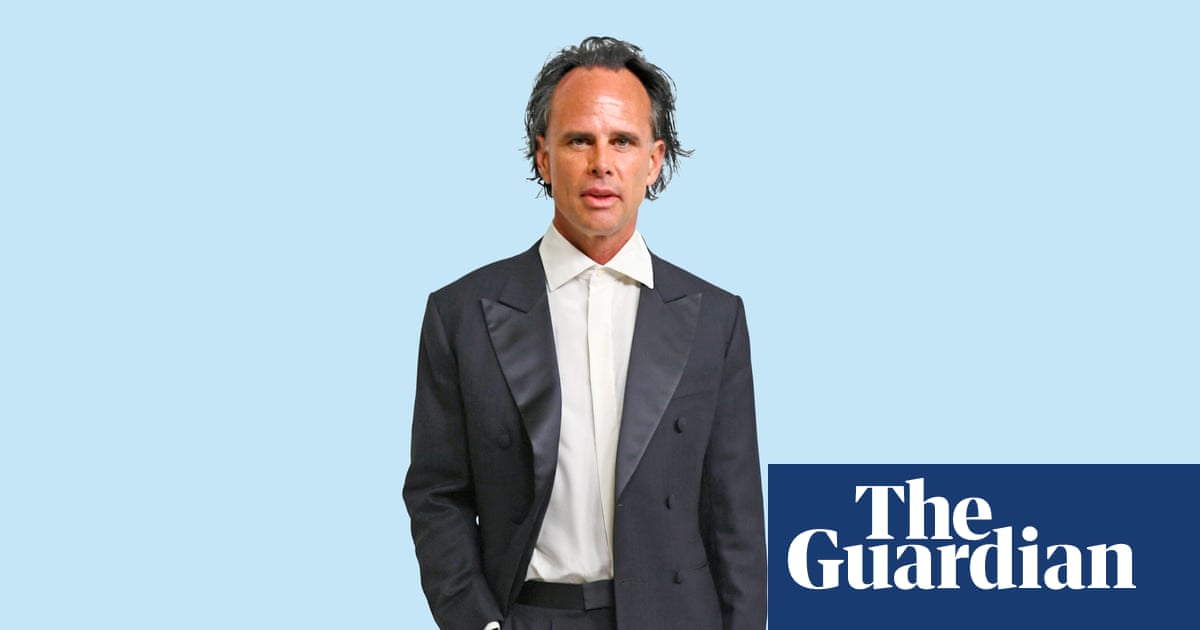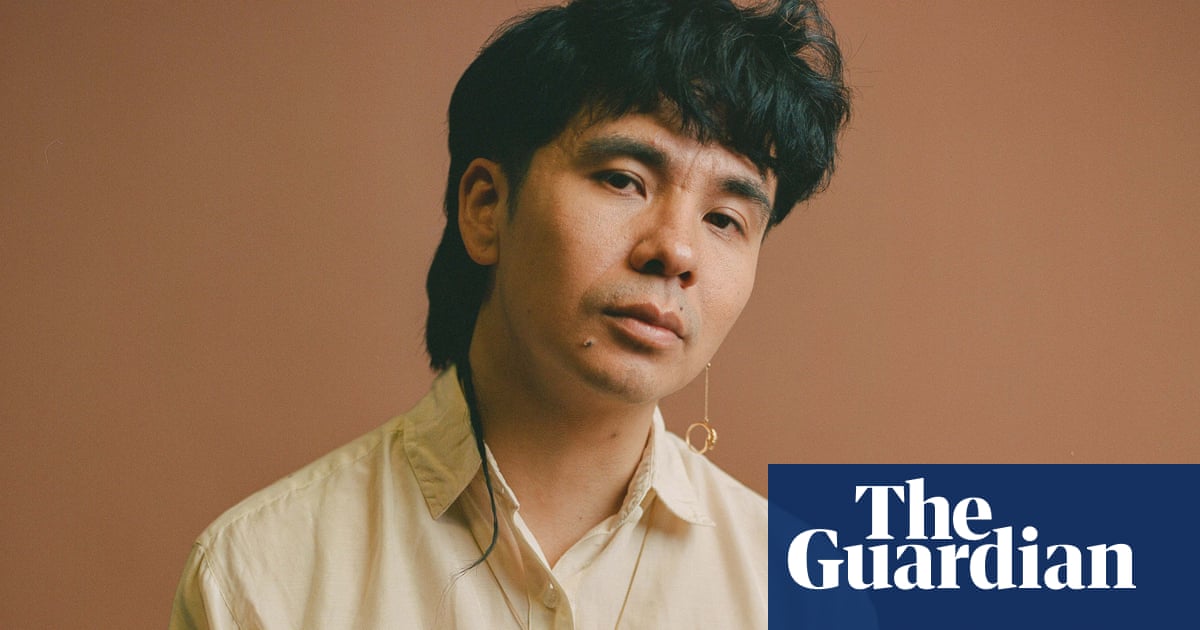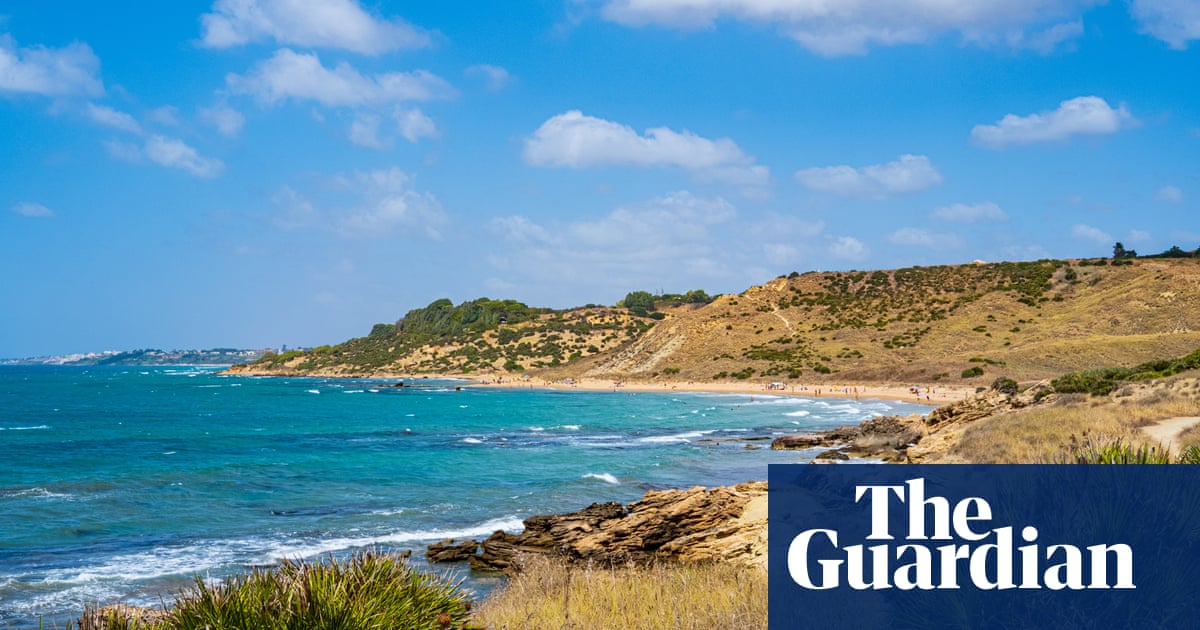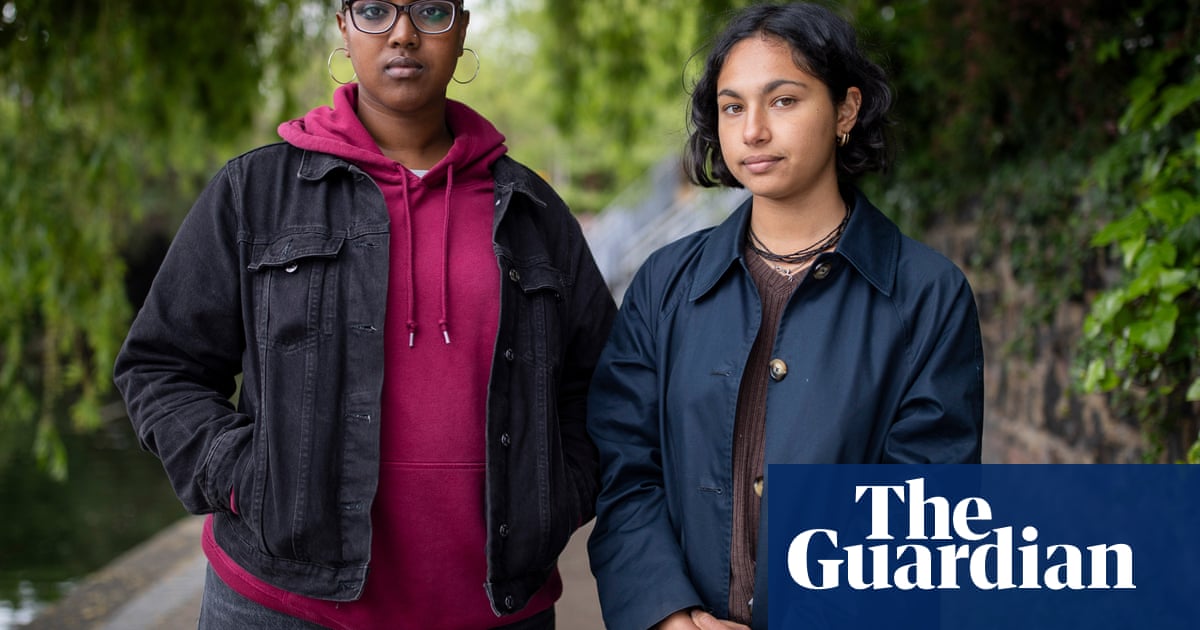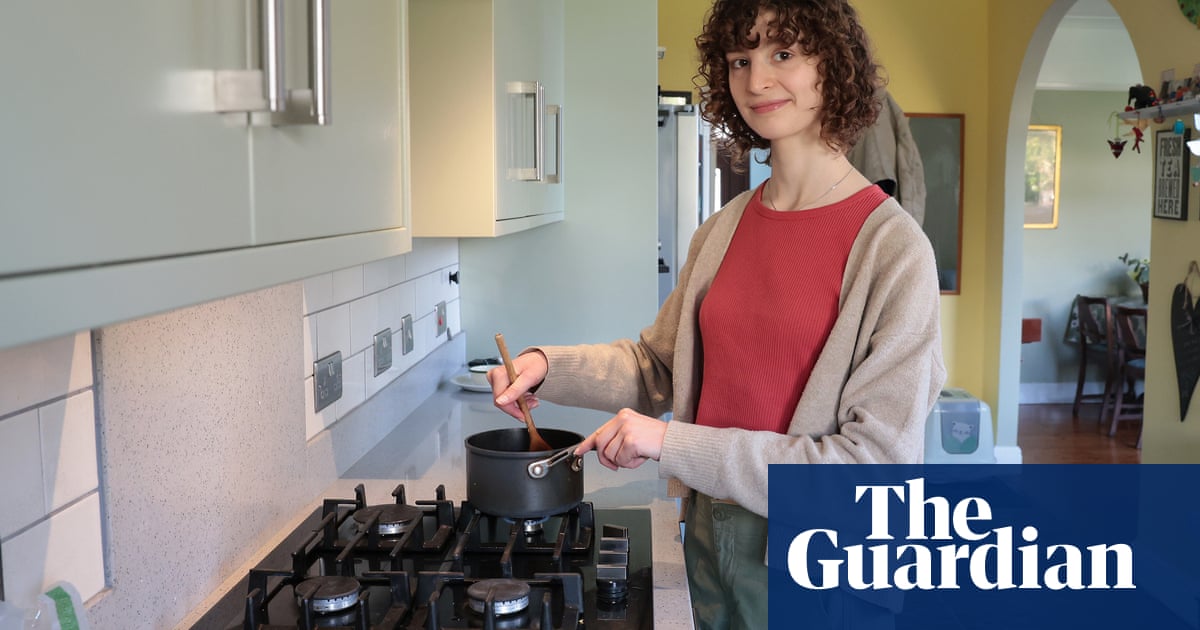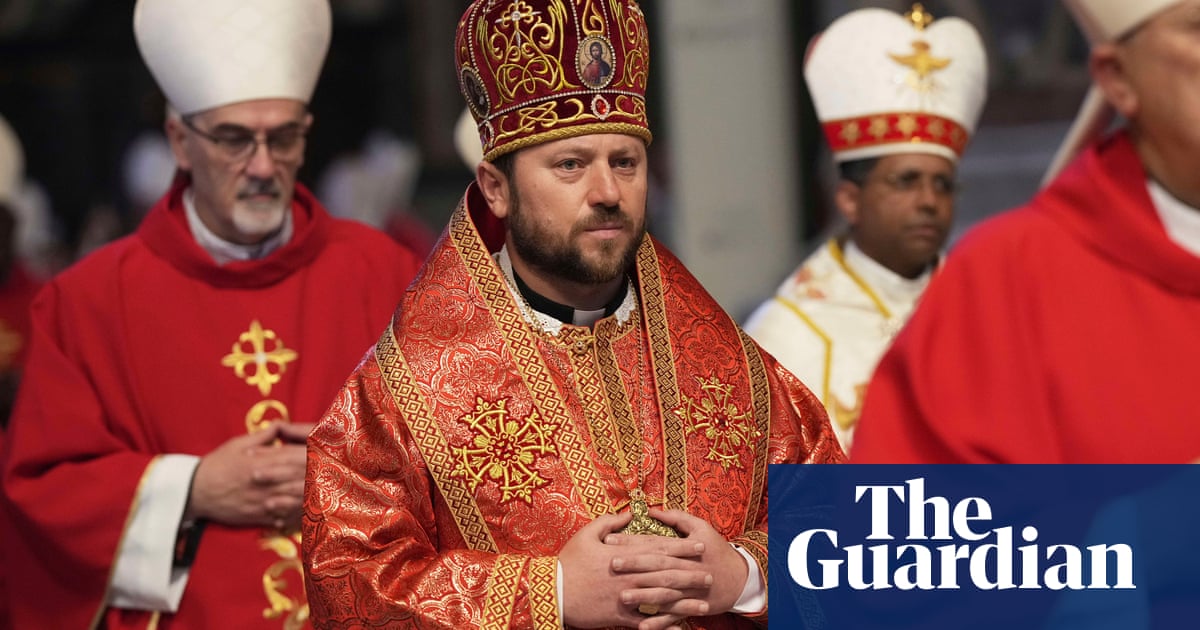The economy minister for Northern Ireland is to step down from his role at Stormont after being elected to the Seanad in Dublin, the upper house of the Irish parliament.
Sinn Féin’s Conor Murphy secured one of the 60 seats in the Seanad, with the support of Sinn Féin TDs and councillors, in the early hours of Monday morning.
By moving one of its most senior politicians in Northern Ireland to the Seanad, Sinn Féin is demonstrating its quest to put a united Ireland at the heart of Irish government.
After his victory Murphy warned the Dublin government not to ignore the question of a united Ireland.
“There’s no point in putting your head in the sand and hoping that this discussion is going away. It’s not. It’s gaining momentum and I hope that my presence here adds something to that,” he said.
He was responding to questions about the new Irish government’s approach to reunification, particularly the contention by the deputy premier, Simon Harris, that it was not a priority for the coalition.
Sinn Féin’s decision to put one of their big political beasts in the senate elections is a sign of their continued determination to get a border referendum, even though it is not a hot topic in the republic, where a local housing crisis and Donald Trump’s threat to the economy are centre stage.
The south Armagh politician rejected any suggestion his switch to the Oireachtas (Irish parliament) was part of an attempt by senior Sinn Féin figures north of the border to exert more influence on the direction of the party in Ireland.
“Our party is an all-Ireland party, so our party officer board, our ard chomhairle [ruling council] is made up of people from all over the 32 counties,” he said. “So there is no northern leadership or southern leadership. There is one leadership in Sinn Féin, and we’re a very united party.”
The republican veteran secured his Seanad seat close to 1am on Monday morning after a lengthy count in Dublin.
“I’m delighted to be a northern voice in the Seanad,” he told the PA news agency at Leinster House. “I think there are northern voices needed there to give that all-Ireland perspective. So I am very much looking forward to the challenge.”
Murphy has been in politics for decades having being first elected as a councillor on Newry and Mourne district council in 1989, and making history in 2005 by becoming Sinn Féin’s first MP for the area, previously an SDLP stronghold.
In 1982, before entering local politics, he received a five-year prison sentence for IRA membership and possession of explosives.
Murphy acknowledged it was difficult to leave his ministerial job at Stormont, where Northern Irish politics is being generally viewed as entering a new period of stability.
However, issues including the worst health waiting lists in the UK continue to dog Northern Ireland after the stop-start history of its devolved government.
Sinn Féin is expected to unveil Murphy’s ministerial replacement at Stormont later on Monday.
Murphy said he hoped his contribution would extend beyond the senate and he would be able to play a wider role in politics south of the border.
“I have a lot of contacts, I have a lot of negotiating experience, a lot of contacts in the government here and across political parties. I hope to be able to use that to influence the debate in relation to unity in the time ahead, and to keep that momentum going towards what is needed here, which is preparation for Irish unity in advance of the referendum.”

 3 months ago
112
3 months ago
112
